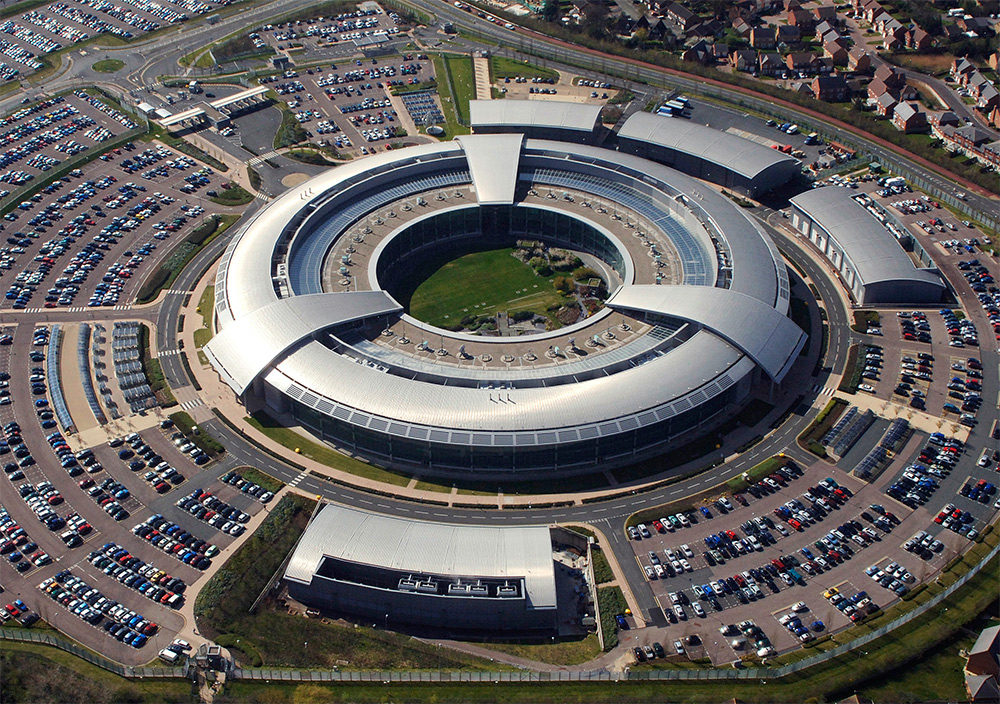Yesterday, fresh faced and bushy tailed, new head of the GCHQ, Robert Hannigan announced that he wanted tech firms of the UK to strike a new deal with intelligence agencies to ensure more cooperation. His reasoning for this call on social networks and similar companies, was to (of course) help catch terrorists. However as you might expect from a group of firms that were bullied into silently spying on their customers for years, the tech firms of the UK have unanimously responded with an outright ‘no.' They're not interested.
This message was delivered by Julian David, current head of techUK, an organisation that represents hundreds of tech-firms including Microsoft, Yahoo, Rackspace, BT, Airbus and many more. He said that the only deal his organisation and its members would be willing to discuss, would be the creation of a “clear and transparent legal framework,” when it comes to surveillance.
“To ensure public confidence, both in the digital economy and our democracy as a whole, any obligations placed upon technology companies must be based upon a clear and transparent legal framework and effective oversight rather than, as suggested, a deal between the industry and government,” David said (via Telegraph).
He went on to agree that terrorism was becoming more sophisticated when it came to online communication, but said that Hannigan was misguided to suggest that tech firms weren't addressing it or were “in denial.”
Other organisations like the Internet Services Providers’ Association echoed his claims, suggesting that government's shouldn't be looking for even tighter controls, but should be working together with tech firms to help reform online surveillance law.
“The mischaracterisation of the Internet as a ‘command and control centre’ for terrorists is wrong and ill-judged,” said one spokesperson.
However Harrigan isn't the only one that believes the onus is on private firms to police the internet and protect the public from extremism. Malcolm Rifkind, the chairman of the Intelligence and Security Committee, said in a recent radio interview that he believed that social networks and those dealing with lots of user web traffic, were quite “amateurish” in their investigations of criminal activity.
Discuss on our Facebook page, HERE.
Kitguru Says: I wonder why Malcolm Rifkind never makes a big deal about courier firms not looking through every package they deal with, on the off chance that someone is breaking the law?
It really is quite worrying that the people in positions to help protect the rights of democracy and the very reasons that Britain is a great country (its freedoms) see them as entirely dispensable when it comes to protecting national security.
 KitGuru KitGuru.net – Tech News | Hardware News | Hardware Reviews | IOS | Mobile | Gaming | Graphics Cards
KitGuru KitGuru.net – Tech News | Hardware News | Hardware Reviews | IOS | Mobile | Gaming | Graphics Cards



